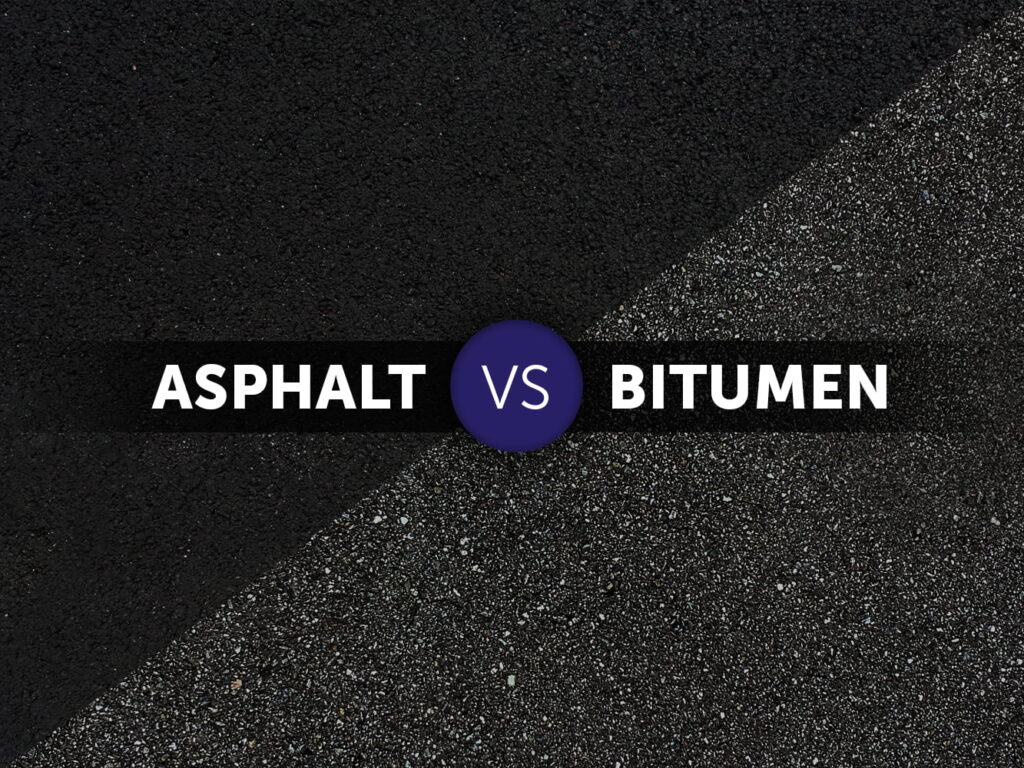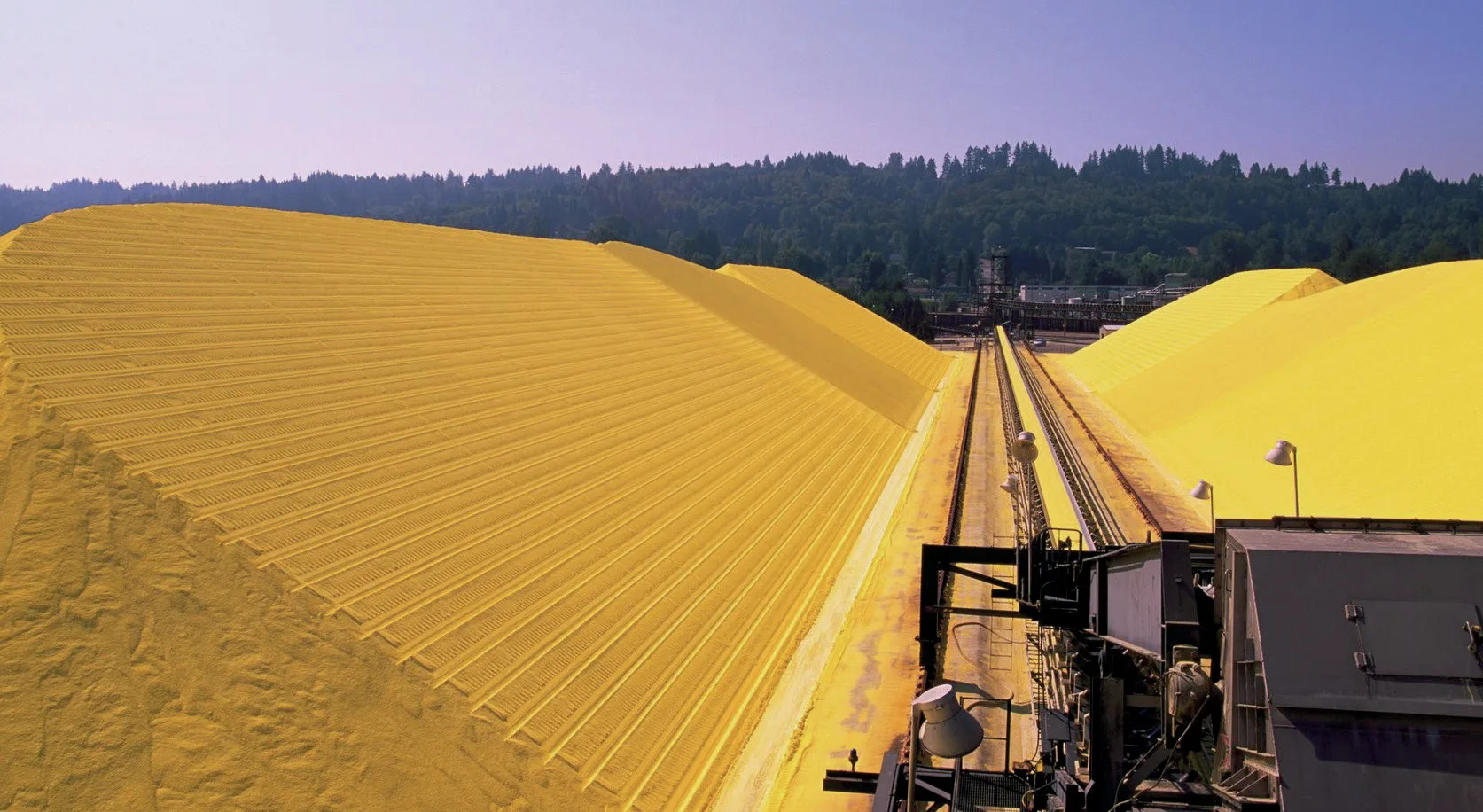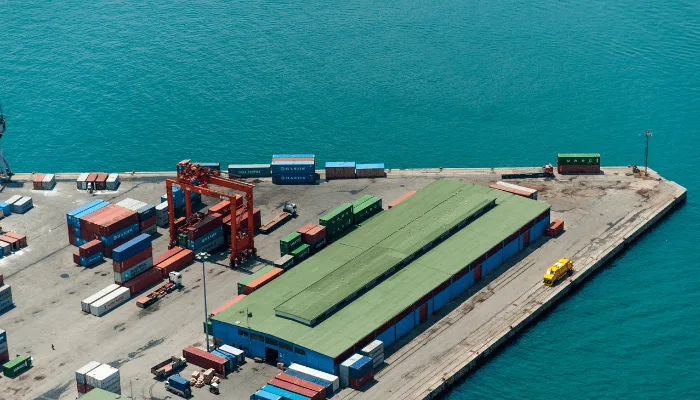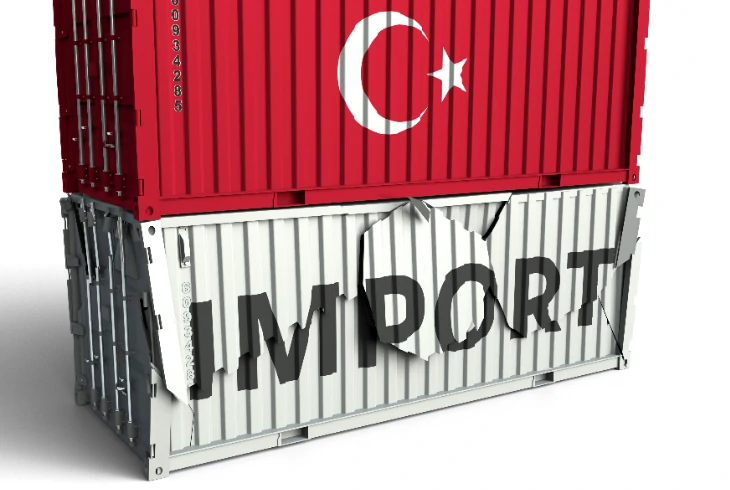Bitumen vs Asphalt: What’s the Real Difference?

Why This Confusion Matters
Many people—especially in the construction, logistics, and import/export sectors—use the terms bitumen and asphalt interchangeably. But in reality, they are very different materials used at different stages of road building and infrastructure development.
Whether you’re a procurement officer, contractor, or bitumen importer, understanding this difference is essential for buying the right product, ensuring quality, and managing costs in 2025 and beyond.
What is Bitumen?
Bitumen is a black, sticky, semi-solid form of petroleum. It’s a binder, refined from crude oil in distillation towers and vacuum units.
Key Properties:
Appearance: Viscous, black liquid or semi-solid
Origin: Byproduct of crude oil refining
Types: Penetration grade (60/70, 80/100), Viscosity Grade (VG-30), Emulsified Bitumen
Used As: Binder in asphalt mix, waterproofing agent, industrial sealant
Packaging for Trade:
New steel drums
Bulk tankers
Bitutainers
Jumbo bags (in some cases)
What is Asphalt?
Asphalt is a mixture made by combining bitumen with aggregates like crushed stone, sand, and gravel. It’s produced in asphalt mixing plants and laid directly on roads or runways.
Key Properties:
Appearance: Dark, grainy, dense mix
Components: Bitumen (5–7%) + Aggregates (93–95%)
Types: Hot Mix Asphalt (HMA), Warm Mix Asphalt (WMA), Cold Mix
Used As: Final road surfacing material
Important Note:
Asphalt is not traded internationally in bulk like bitumen. It’s usually produced on-site or regionally, due to its weight and short usable lifespan.
Key Differences at a Glance
Feature Bitumen Asphalt Type Pure petroleum binder Mixture (binder + aggregates) Exportable? Yes (global commodity) No (produced & used locally) Main Use Binder for asphalt production Final road layer Composition 100% refined hydrocarbon ~5–7% bitumen + ~93% crushed stone Market Global export (Iran, UAE, India, etc) Local/regional construction industry Form Sticky, black, viscous Granular, solid when dry Global Trade Perspective: Bitumen Is the Commodity
If you’re involved in international construction trade, it’s bitumen, not asphalt, that matters for logistics and sourcing. In 2025:
Iran, India, Singapore, and South Korea are major bitumen exporters
Importing countries like UAE, Kenya, Nigeria, and Vietnam use imported bitumen to make asphalt locally
Bitumen is priced by grade (e.g., 60/70), packaged in drums or tankers, and inspected by SGS
Bitumen HS Code:
27132000 – Petroleum Bitumen, obtained from oil refining
Use-Cases by Industry
Sector Uses Bitumen For Uses Asphalt For Road Construction Binding aggregates Surfacing highways and airport runways Waterproofing Roof coatings, sealants ❌ (Not applicable) Industrial Export Trade Drummed shipment ❌ (Not exported) Governments & Cities Procurement of bulk bitumen Pavement operations Why This Difference Matters for Buyers & Traders
Common Mistake:
A buyer asks for “asphalt” expecting drums for export—but asphalt can’t be drummed! They needed bitumen.
Correct Understanding:
Traders, EPC contractors, and port managers need bitumen in 60/70 or VG-30 grade to produce asphalt on site.
Tip from PetroExportHub:
Always double-check with your supplier:
Do you need pure binder (bitumen)?
Or are you requesting a ready-to-use asphalt mix, only suitable for local application?
Many confuse bitumen with asphalt, but they're not the same. Bitumen is a petroleum binder, globally traded. Asphalt is a mix used locally. Learn how to buy the right product in 2025.

Bitumen Is the Binder — Asphalt Is the Final Mix Bitumen is a pure petroleum product used as a binder, while asphalt is a mixture of bitumen and aggregates like sand .
Bitumen Is Exported — Asphalt Is Not Bitumen is globally traded in drums, tankers, and bitutainers, but asphalt is perishable, and produced locally near construction sites.
Different Use-Cases Bitumen is used for roofing, waterproofing, and road binding, while asphalt is used only for surfacing roads and pavements
Global HS Code Exists for Bitumen (27132000) Bitumen has a clear international trade classification; asphalt has no standardized export trade code because it is not commonly exported.
Ready to import Bitumen from Iran ?
- At PetroExportHub, we connect you with trusted Iranian Bitumen suppliers ready for fast export.
- Info@PetroExportHub.com

Related posts
Mono Ethylene Glycol (MEG) serves as a cornerstone for modern antifreeze and coolant formulations, offering reliable freezing protection and heat resi . . .
2 minute
Read more
Explore Solvent 100’s specs, uses, and export opportunities from Iran. Ideal for paint, ink, and adhesive buyers in India, Turkey, UAE, and Africa. . . .
3 minute
Read more
Explore everything you need to know about exporting sulphur from Iran in 2024 — including types, packaging, documents, ports, prices, and top import . . .
2 minute
Read more
Explore Iran’s top ports for petrochemical exports, including Bandar Imam Khomeini, Assaluyeh, and Bandar Abbas. Compare infrastructure, accessibili . . .
2 minute
Read more
Learn the key differences between polypropylene (PP) and polyethylene (PE), their applications, advantages, and how to choose the right polymer for yo . . .
2 minute
Read more
Discover how a Turkish plastics manufacturer reduced costs by 22% through importing HDPE from Iran. Real-world case study by PetroExportHub. . . .
2 minute
Read more
Learn why Iran is a leading exporter of polyethylene (PE). Discover grades, global applications, and how PetroExportHub connects buyers with top suppl . . .
1 minute
Read more
We are here to answer your questions....
+ 989127607241
Petro Export Hub
PetroExportHub specializes in the export of premium-grade petrochemicals, minerals, and industrial chemicals from Iran, serving international markets with reliability, transparency, and tailored logistics solutions
Tehran Office
Phone:
+989127607241
Address:
Tehran..
German Office
TEL :
+4915161647487
Address:
Heilsbronne 99441, Nuremberg
Quick Access
Quick Access
- Contact Our Sales Team
- Frequently Questions
- Shipping & Logistics
- Become a Partner
- Certificatins & Quality






